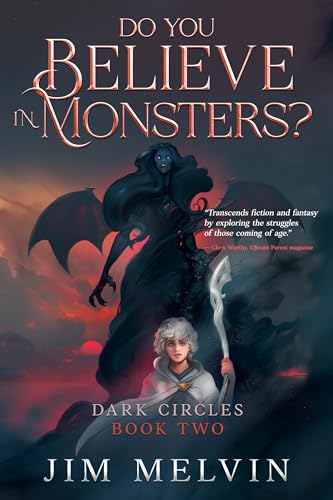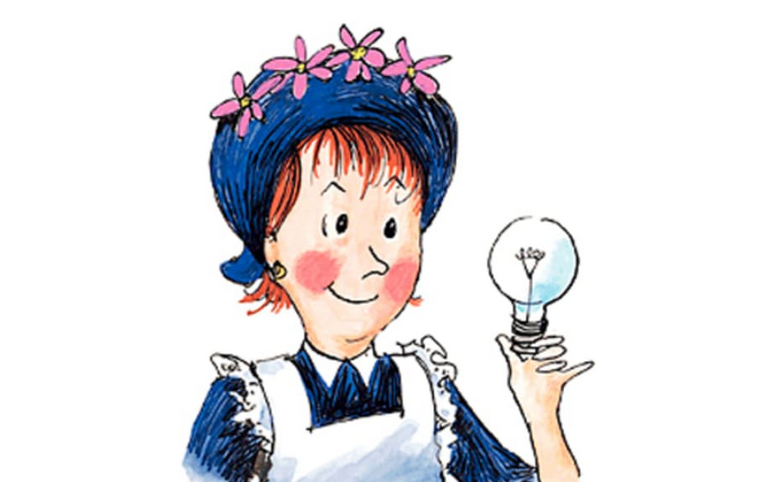Many classic children’s books beg for philosophical readings: the likes of “Charlotte’s Web” or “Are You My Mother?” are well known as complex and subterranean ruminations on death and identity and community. Had you asked Sarah Blackwood from The New Yorker, a couple of years ago, she would not have classified Peggy Parish’s Amelia Bedelia series with this loftier group—my children delighted in the wordplay, but found the books a bit one-note. Here’s here story:
The more I read Amelia Bedelia the more unsettled I felt; I began to suspect that I wasn’t hearing all the notes. The books, with illustrations by Fritz Siebel, depict a young woman who sows domestic chaos in and around the home of her wealthy employers, a snooty older couple who have outsourced the labor of keeping their household, family, and community relations running smoothly. Each book follows a simple formula: Amelia Bedelia, a housemaid replete with apron and frilled cap, encounters various domestic imperatives: clean the house, host a party, babysit, substitute-teach. But, rather than keeping order, Amelia Bedelia creates disarray. She takes each instruction she is given with an absurd literalism. “Draw the drapes,” Mrs. Rogers tells her; Amelia Bedelia reaches for pen and paper. She “dresses the chicken,” but in lederhosen (an homage to Siebel’s Austrian childhood). When asked to “dust the furniture,” she sprinkles powder all over the living room; asked to “change the towels,” she takes scissors to them. She dirties and destroys her employers’ possessions, in other words, breaking one of the primary taboos of domestic employment. She’s a figure of rebellion: against the work that women do in the home, against the work that lower-class women do for upper-class women. Her one undeniable talent—the reason that the Rogerses keep her around—is as a pastry chef: cream puffs, tea cakes, pies, tarts. Every time the Rogerses are about to cast her aside, every time they are “angry, very angry,” she entices them back by appealing to their appetites.
As an employee who produces turmoil at work and is overseen by amiable jerks, Amelia Bedelia reminds me of Bartleby, from Herman Melville’s short story “Bartleby, the Scrivener,” from 1853. “I would prefer not to” is Bartleby’s famous refrain; if he took Amelia’s job, Bartleby would neither pull the drapes from the windows nor sketch them with pen and paper but sit and stare at them with stoic despondence. Melville’s story is one of American literature’s great tales of workplace degradation, and, though it takes place in an office, it is in some ways as domestic, as intimate, as a story about a household servant—Bartleby, increasingly depressed, begins sleeping and living at his workplace. But, where Bartleby responds to degradation by withdrawing, reducing, starving himself, Amelia Bedelia produces sugary excess. Throughout her daily grind, she cheerfully acquiesces to her lot even as she subverts almost every task assigned to her. Bartleby teaches us to look for resistance in forms of ascetic refusal; Amelia Bedelia turns passive aggression into a kind of art.
Read full post on The New Yorker














